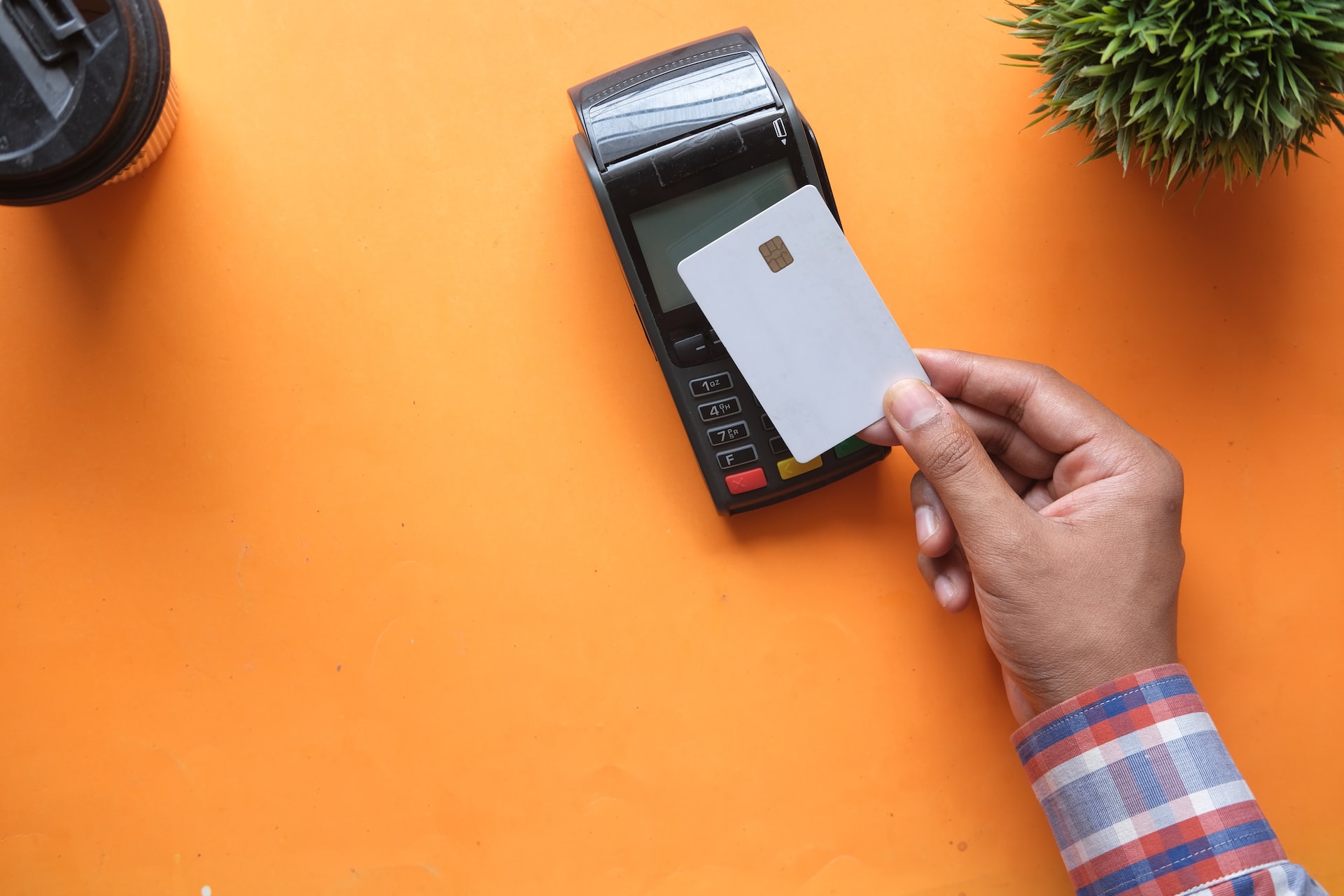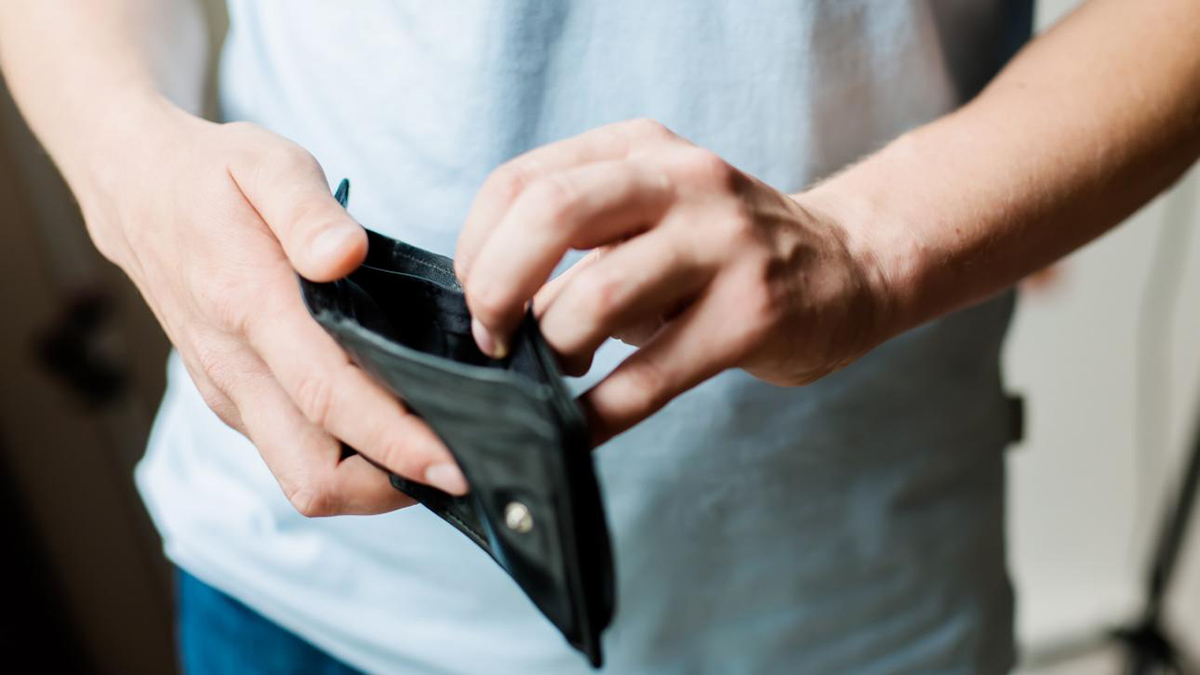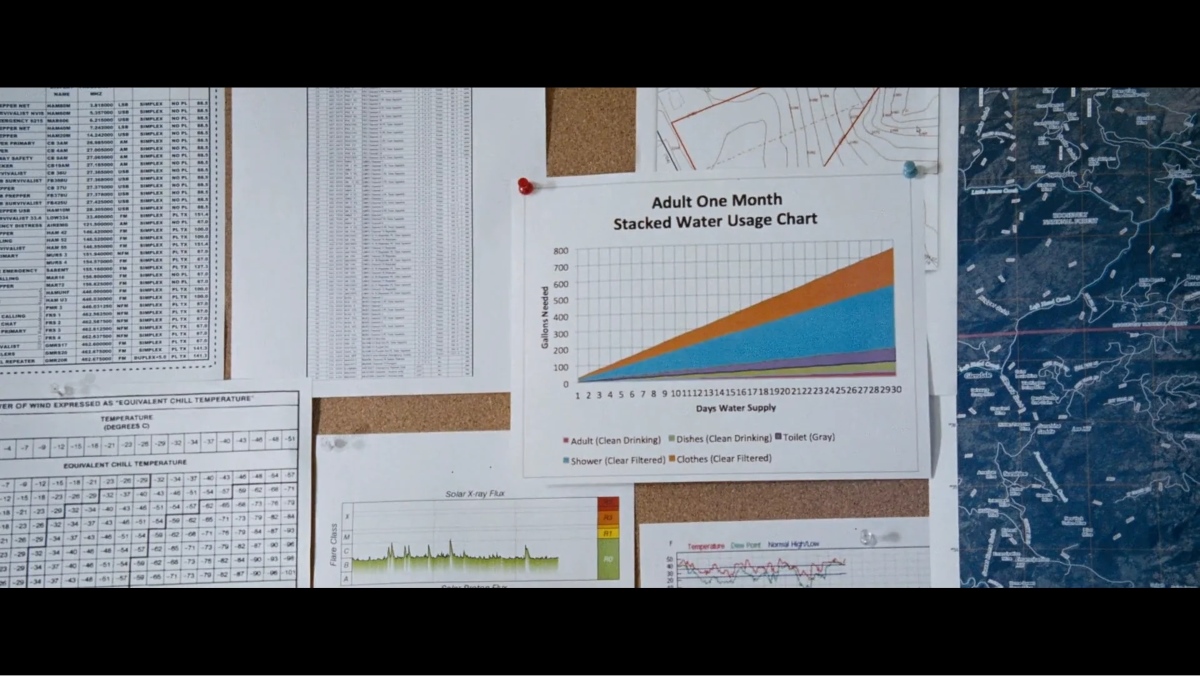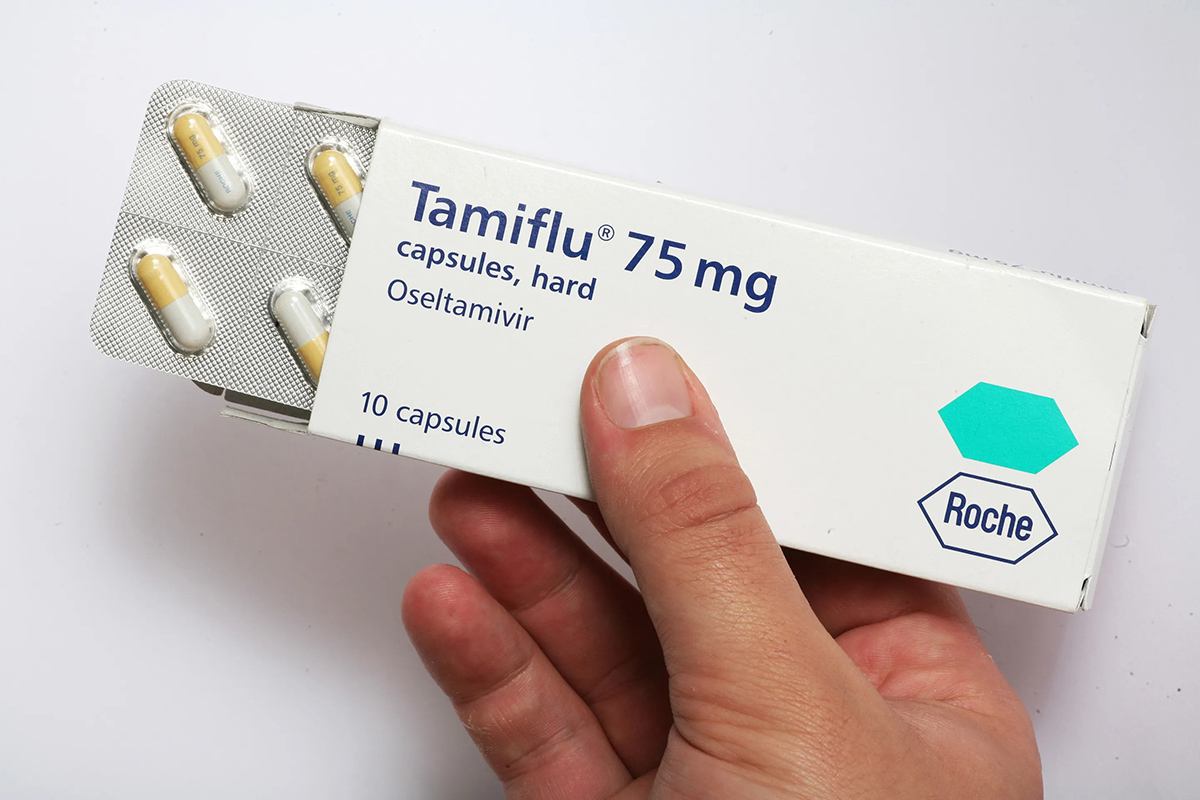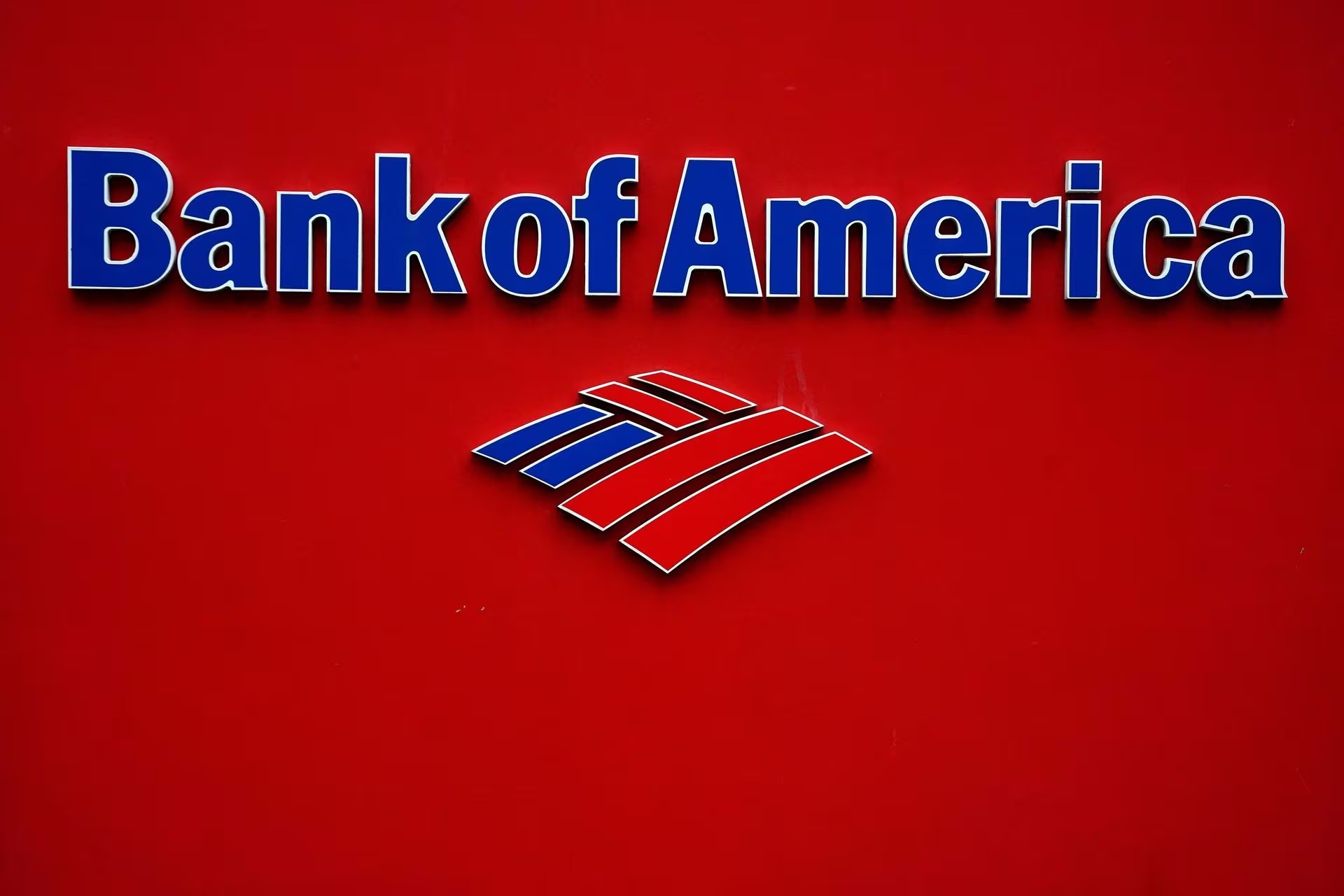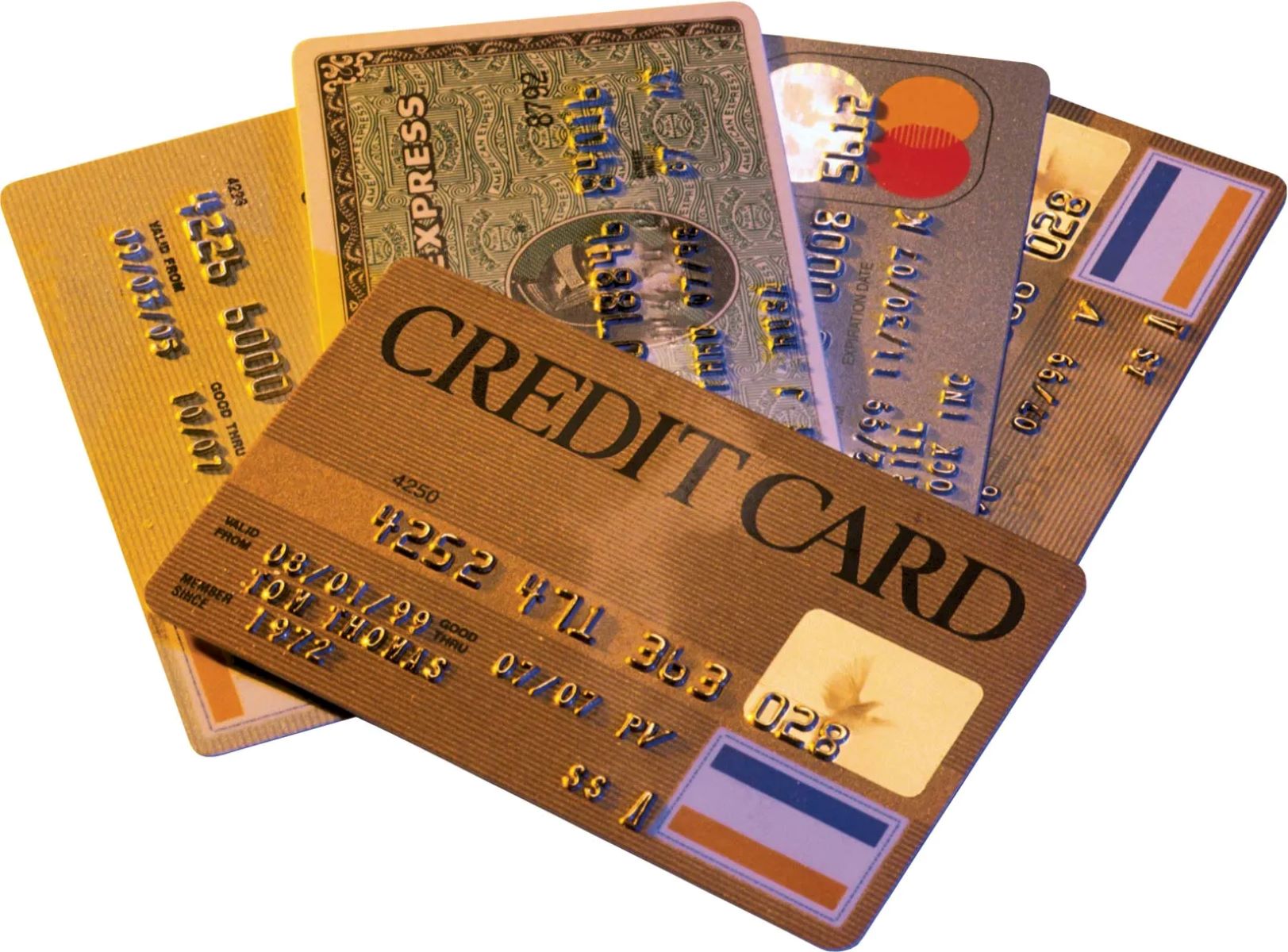

Finance
What Happens If I Default On A Credit Card
Published: October 26, 2023
Find out the consequences of defaulting on a credit card and how it can impact your financial situation. Get expert advice on managing your finances and avoiding default.
(Many of the links in this article redirect to a specific reviewed product. Your purchase of these products through affiliate links helps to generate commission for LiveWell, at no extra cost. Learn more)
Table of Contents
Introduction
Using a credit card can be convenient and helpful in managing your finances. It allows you to make purchases and pay them off over time. However, if you find yourself struggling to make minimum payments or unable to pay your credit card bills altogether, you may be facing a credit card default situation.
A credit card default occurs when you fail to make the required payments on your credit card for a certain period of time, typically 90 days or more. Defaulting on a credit card can have serious consequences and can greatly impact your financial health and creditworthiness.
In this article, we’ll explore the various aspects of credit card defaults, including the consequences, impact on your credit score, collection efforts by creditors, legal actions, debt settlement options, and the possibility of bankruptcy. We’ll also discuss how to rebuild your credit after defaulting on a credit card.
Understanding the implications of credit card defaults is crucial to help you make informed decisions and take appropriate actions to manage your financial situation. Let’s dive deeper into the topic and explore what happens if you default on a credit card.
Understanding Credit Card Defaults
Before delving into the consequences of defaulting on a credit card, it’s important to understand what it means to default on your credit card payments. When you default on a credit card, it means that you have failed to make the minimum monthly payments for a significant period of time. This typically happens when you find yourself facing financial difficulties or are unable to meet your financial obligations.
Defaulting on a credit card can trigger a series of negative events. Once you miss your payment due date, the credit card issuer may charge you a late fee, which will increase your outstanding balance. After missing multiple consecutive payments, the account may be considered delinquent or in default.
When your credit card account is in default, the credit card issuer may take various actions to collect the owed amount. This can include calling you to request payment, reporting the delinquency to credit bureaus, and eventually, seeking legal action to recover the debt.
It’s important to note that different credit card issuers may have their own specific policies and procedures for managing delinquent accounts and defaults. However, most follow a similar process of escalating collection efforts as the delinquency persists.
Understanding the consequences of defaulting on a credit card is crucial to make informed decisions and take appropriate action to manage your financial situation. In the next section, we’ll explore the potential consequences of defaulting on a credit card and how it can impact your financial well-being.
Consequences of Defaulting on a Credit Card
Defaulting on a credit card can have significant consequences that can have a lasting impact on your financial health and overall wellbeing. Here are some of the potential consequences you may face if you default on a credit card:
- Credit Score Impact: One of the most immediate and severe consequences of defaulting on a credit card is the negative impact it can have on your credit score. Payment history is a major factor in determining your credit score, and a delinquent or defaulted credit card account can cause a significant drop in your score. This can make it difficult to obtain credit in the future and may result in higher interest rates if you are approved.
- Collection Efforts: When you default on a credit card, the issuer may escalate their collection efforts. This can include contacting you via phone calls, letters, or even engaging third-party debt collectors to pursue the payment. These collection efforts can be stressful and intrusive, often causing anxiety and disrupting your daily life.
- Additional Fees and Interest: Defaulting on a credit card can lead to additional fees and interest charges. Late payment fees and penalties can escalate the amount of debt you owe, making it even more challenging to pay off the balance. Additionally, some credit card agreements may include clauses that allow the issuer to increase your interest rate if you default. This can further inflate your outstanding balance and make it harder to resolve the debt.
- Legal Actions: In severe cases, credit card issuers may take legal action to recover the debt. This can result in a lawsuit, and if the court rules in their favor, they may be granted a judgment against you, allowing them to garnish your wages or pursue other assets to satisfy the debt.
- Diminished Financial Opportunities: Defaulting on a credit card can hinder your financial opportunities in various ways. It can make it challenging to secure future credit, including loans, mortgages, or even a new credit card. Additionally, it can damage your reputation with financial institutions, making it more difficult to negotiate favorable terms or secure desirable interest rates.
Defaulting on a credit card is a serious matter that can have far-reaching consequences. It’s important to understand these potential outcomes and be proactive in addressing the situation to mitigate further damage to your financial wellbeing.
Impact on Credit Score
Defaulting on a credit card can have a significant negative impact on your credit score. Your credit score is a three-digit number that reflects your creditworthiness and helps lenders determine the risk of extending credit to you. When you default on a credit card, it can cause your credit score to plummet, making it more difficult to obtain credit in the future.
Payment history is one of the most important factors that influence your credit score. It accounts for approximately 35% of your overall score. When you default on a credit card, it is reported to the credit bureaus, and your payment history is marked as delinquent or in default. This negative information remains on your credit report for several years, depending on the laws and regulations of your country.
The severity of the impact on your credit score will depend on several factors, such as the duration of the default, the amount of the debt, and your overall credit history. The longer the default persists and the higher the outstanding balance, the greater the impact on your credit score.
A significant drop in your credit score can have repercussions beyond obtaining credit. It can affect your ability to secure favorable interest rates on loans, including mortgages or car loans. Landlords may also check your credit score when considering rental applications, and a poor score can make it harder to find suitable housing.
Rebuilding your credit score after defaulting on a credit card will take time and effort. It requires consistent and responsible financial behavior, such as making timely payments, reducing debt, and maintaining a good credit utilization ratio. It’s crucial to demonstrate financial responsibility and create a positive payment history to improve your creditworthiness.
Monitoring your credit report regularly, disputing any inaccuracies or errors, and working towards improving your credit score can help you recover from the impact of defaulting on a credit card. Patience and persistence are key as rebuilding your credit score is a gradual process.
Collection Efforts by Creditors
When you default on a credit card, the credit card issuer will likely initiate collection efforts to recover the unpaid debt. These collection efforts can be both persistent and distressing. Here are some common collection efforts employed by creditors:
- Phone Calls and Letters: The credit card issuer may start by contacting you through phone calls and letters to remind you of the delinquent payment and attempt to collect the owed amount. These communications can be repetitive and may become more frequent as the delinquency continues.
- Third-Party Debt Collection Agencies: If the credit card issuer is unable to recover the debt through their own collection efforts, they may enlist the help of third-party debt collection agencies. These agencies specialize in debt collection and have more aggressive tactics to persuade and compel borrowers to repay the outstanding balance.
- Credit Reporting: When you default on a credit card, the issuer will likely report the delinquency to the credit bureaus. This negative mark on your credit report will dramatically impact your credit score, making it harder to obtain credit in the future and potentially damaging your financial reputation.
- Asset Seizure: In extreme cases, if the amount owed is significant, the creditor may pursue legal action to obtain a judgment against you. In certain jurisdictions, this judgment can give the creditor the authority to seize some of your assets, such as bank accounts or property, to satisfy the debt.
- Wage Garnishment: In some cases, a creditor may obtain a court order to garnish your wages. This means that a portion of your income will be withheld by your employer and directly paid to the creditor to satisfy the debt. Wage garnishment can cause significant financial hardship and make it difficult to meet your other financial obligations.
It’s important to note that creditors and debt collection agencies must adhere to the laws and regulations governing debt collection practices. These regulations vary by jurisdiction and typically include rules regarding the frequency and timing of communication, fair treatment, and limitations on harassment tactics. If you believe that a creditor or debt collector is engaging in unfair or abusive practices, you have the right to seek legal assistance and report their actions to the appropriate regulatory authorities.
If you find yourself experiencing collection efforts from creditors, it’s essential to communicate with them, be proactive, and explore potential options to resolve the debt. Open dialogue and negotiation can sometimes lead to more favorable arrangements, such as a repayment plan or debt settlement agreement.
Legal Actions and Lawsuits
When a credit card default persists and the creditor is unable to collect the unpaid debt through their collection efforts, they may choose to escalate the matter by taking legal action against you. Legal actions and lawsuits are serious consequences of defaulting on a credit card and can have far-reaching implications. Here’s what you should know:
1. Lawsuit Initiation: If the credit card issuer decides to pursue legal action, they will typically file a lawsuit against you in a court of law. The lawsuit will seek to recover the unpaid debt, including any additional fees and interest that may have accrued.
2. Court Proceedings: Once the lawsuit is filed, you will be served with legal documents, informing you of the lawsuit and specifying the date and time to appear in court. It’s vital to respond to these documents promptly and appropriately, as failure to do so can result in a default judgment issued against you.
3. Judgment and Enforcement: If the court rules in favor of the creditor, they will be granted a judgment against you. This judgment enables the creditor to take additional steps to collect the debt. Depending on the applicable laws in your jurisdiction, they may be able to garnish your wages, place liens on your property, or seize your assets to satisfy the debt.
4. Credit Report Impact: A lawsuit and resulting judgment will have a significant impact on your credit report. The judgment will be reported to the credit bureaus and remain on your credit report for several years. This negative mark will lower your credit score and make it more challenging to obtain credit in the future.
5. Consultation with an Attorney: If you are facing a lawsuit or legal action due to defaulting on a credit card, it’s advisable to seek legal counsel. An attorney experienced in debt and consumer protection laws can provide guidance, help you understand your rights, and represent your interests throughout the legal process.
Remember: It is crucial to respond to any legal action promptly, seeking legal advice if necessary. Ignoring a lawsuit can lead to a default judgment, further exacerbating your financial situation. It’s always recommended to explore alternatives such as debt settlement or negotiation before resorting to court proceedings.
Understanding the potential legal consequences and being proactive in addressing the situation can help you navigate the process and protect your rights in the event of a lawsuit due to credit card default.
Debt Settlement and Negotiation Options
Defaulting on a credit card can be overwhelming and stressful, but there are options available to help you resolve the debt and minimize the impact on your financial situation. Debt settlement and negotiation can be viable alternatives to consider when dealing with outstanding credit card debt. Here are some options to explore:
1. Debt Settlement: Debt settlement involves negotiating with your creditor to settle the debt for a reduced amount. This typically requires a lump sum payment or a series of agreed-upon payments to satisfy the debt. Debt settlement can be a viable option if you are facing financial hardship and unable to repay the full outstanding balance.
2. Payment Plan: If you cannot afford a lump sum payment, you can negotiate a payment plan with your creditor. This involves spreading out the payments over a specified period of time, making them more manageable for your budget. The creditor may be willing to accept reduced monthly payments or extended repayment terms to help you resolve the debt.
3. Credit Counseling: Seeking assistance from a credit counseling agency can provide valuable guidance and support in managing your debt. A credit counselor can work with you to create a budget, negotiate with creditors on your behalf, and establish a debt management plan (DMP) that consolidates your payments into one monthly payment.
4. Balance Transfer: If you have a credit card with a high-interest rate, consider transferring the balance to a card with a lower interest rate. This can help reduce the overall cost of the debt and make it more manageable to repay. However, be mindful of any balance transfer fees and ensure that you can comfortably make the required payments on the new card.
5. Financial Hardship Programs: Some credit card issuers offer financial hardship programs for customers facing temporary financial difficulties. These programs may provide temporary relief by offering reduced interest rates, waived fees, or extended payment terms. Reach out to your credit card issuer to inquire about any available programs that may help alleviate your financial burden.
When considering debt settlement or negotiation options, it’s important to understand the potential impact on your credit score and to carefully evaluate the terms and conditions of any agreements. Be sure to communicate openly with your creditors, explain your financial situation, and seek professional advice if needed.
Remember, debt settlement and negotiation options may not be suitable for everyone and should be considered based on your specific circumstances. It’s advisable to explore these options before resorting to more severe measures such as bankruptcy or legal action.
Bankruptcy as a Last Resort
Bankruptcy is a legal process that can provide relief for individuals who are overwhelmed by debt and unable to repay their obligations. While it should be considered as a last resort, it can offer a fresh start for individuals facing severe financial hardship, including those who have defaulted on their credit cards. Here are some key points to understand about bankruptcy:
1. Types of Bankruptcy: There are different types of bankruptcy, but the two most common for individuals are Chapter 7 and Chapter 13 bankruptcy. Chapter 7 involves the liquidation of assets to discharge eligible debts, while Chapter 13 establishes a repayment plan over three to five years to gradually repay debts.
2. Protection from Creditors: When you file for bankruptcy, an automatic stay is issued, which puts a halt to collection efforts by creditors. This means that creditors cannot legally pursue debt collection activities, including phone calls, letters, wage garnishment, or other legal actions, while the bankruptcy process is underway.
3. Impact on Credit and Assets: Bankruptcy has a significant impact on your credit score and can remain on your credit report for several years, making it challenging to obtain credit in the future. Additionally, certain assets may be subject to liquidation in Chapter 7 bankruptcy, although exemptions for essential assets, such as your home or car, may apply depending on your jurisdiction.
4. Eligibility and Means Test: To file for bankruptcy, you must meet certain eligibility criteria. In the United States, the means test is used to determine eligibility for Chapter 7 bankruptcy by assessing your income and expenses. Chapter 13 bankruptcy typically requires a stable income to establish a feasible repayment plan.
5. Seeking Professional Counsel: Bankruptcy is a complex legal process, and it is crucial to seek the advice and guidance of a qualified bankruptcy attorney. They will provide you with personalized guidance based on your financial situation, explain the implications of bankruptcy, and assist you throughout the process.
Bankruptcy should only be considered after exploring all other options, as it can have long-lasting consequences. It is a decision that should be made carefully and in consultation with a professional. Bankruptcy can provide relief from overwhelming debt, but it is important to understand the potential impact on your credit, assets, and financial future.
The decision to pursue bankruptcy is a deeply personal one and should be based on your individual circumstances. Consider seeking advice from a credit counselor or bankruptcy attorney to assess whether bankruptcy is the right course of action for you.
Rebuilding Credit After Default
Recovering from a credit card default and rebuilding your credit is a gradual process that requires commitment and responsible financial behavior. While defaulting on a credit card can have a significant impact on your credit score and overall financial health, it is possible to bounce back and improve your creditworthiness. Here are some steps to help you rebuild your credit after a default:
1. Review and Monitor Your Credit Report: Start by obtaining copies of your credit reports from the major credit bureaus. Carefully review the reports for any inaccuracies or errors related to the default. Dispute any incorrect information and ensure that your credit report reflects the current and accurate status of your credit accounts.
2. Pay Your Bills on Time: Timely payment is crucial for rebuilding your credit. Make sure to pay all your bills, including credit card payments, on time each month. Set up automatic payments or reminders to ensure that you never miss a payment. Consistent and timely payments will gradually improve your payment history and demonstrate your financial responsibility.
3. Reduce Debt and Credit Utilization: Focus on reducing your overall debt and credit utilization. This involves paying down balances on credit cards and other loans. Aim to keep your credit utilization below 30% of your available credit limit. Lowering your debt-to-income ratio will improve your creditworthiness and show potential lenders that you are managing your finances responsibly.
4. Establish a Positive Payment History: Building a positive payment history is crucial for rebuilding credit. Consider obtaining a secured credit card or a credit-builder loan, where you make regular payments to a savings account that is eventually released to you. Additionally, being added as an authorized user on someone else’s credit card can help establish a positive payment history, as long as the account is managed responsibly.
5. Use Credit Responsibly: Rebuilding credit involves being responsible with credit usage. Avoid applying for multiple credit cards or loans at once, as this can negatively impact your credit score. Use credit sparingly and only when necessary. Make small purchases and pay them off in full each month to demonstrate your ability to manage credit effectively.
6. Patience and Persistence: Rebuilding credit after default takes time and patience. It’s important to stay committed to responsible financial behavior and stay focused on long-term goals. Avoid falling into the same credit pitfalls that led to the default. With consistent effort and responsible actions, you can gradually rebuild your credit score and improve your financial standing.
Remember, there are no quick fixes when it comes to rebuilding credit. It requires discipline, financial awareness, and a commitment to making positive changes in your financial habits. By taking these steps and being proactive, you can overcome the challenges of a credit card default and improve your creditworthiness over time.
Conclusion
Defaulting on a credit card can have significant consequences that can impact your financial health and creditworthiness. It’s essential to understand the implications of default and take proactive steps to address the situation. Whether through debt settlement negotiations, exploring repayment plans, or considering bankruptcy as a last resort, there are options available to help you navigate through the challenges of a credit card default.
Rebuilding your credit after default requires discipline, responsible financial behavior, and patience. Paying bills on time, reducing debt, and establishing a positive payment history are key steps in the process. It’s important to monitor your credit report, dispute any errors, and work towards improving your credit score.
Remember, each individual’s financial situation is unique, and it’s important to seek professional advice when considering the best course of action. Credit counseling agencies and bankruptcy attorneys can provide guidance tailored to your specific circumstances.
While defaulting on a credit card can be overwhelming, it’s crucial to remember that it’s not the end of the road. By taking the necessary steps to address and rebuild your credit, you can regain financial freedom and create a more secure financial future.
It’s also important to learn from the experience and develop strong financial habits moving forward. Make a budget, live within your means, and use credit responsibly. By doing so, you can avoid falling into the same credit pitfalls and ensure a more stable financial future.





